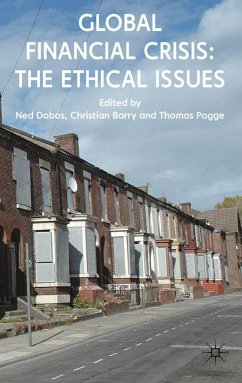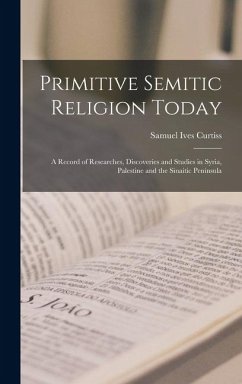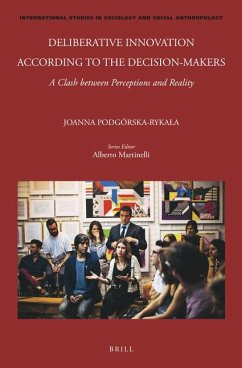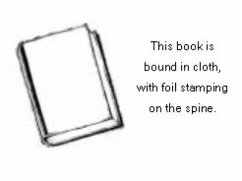
The Ethics Rupture
Exploring Alternatives to Formal Research-Ethics Review
Herausgeber: Hoonaard, Will C van den; Hamilton, Ann
Versandkostenfrei!
Versandfertig in über 4 Wochen
100,99 €
inkl. MwSt.

PAYBACK Punkte
50 °P sammeln!
For decades now, researchers in the social sciences and humanities have been expressing a deep dissatisfaction with the process of research-ethics review in academia. Continuing the ongoing critique of ethics review begun in Will C. van den Hoonaard’s Walking the Tightrope and The Seduction of Ethics, The Ethics Rupture offers both an account of the system’s failings and a series of proposals on how to ensure that social research is ethical, rather than merely compliant with institutional requirements. Containing twenty-five essays written by leading experts from around the world in variou...
For decades now, researchers in the social sciences and humanities have been expressing a deep dissatisfaction with the process of research-ethics review in academia. Continuing the ongoing critique of ethics review begun in Will C. van den Hoonaard’s Walking the Tightrope and The Seduction of Ethics, The Ethics Rupture offers both an account of the system’s failings and a series of proposals on how to ensure that social research is ethical, rather than merely compliant with institutional requirements. Containing twenty-five essays written by leading experts from around the world in various disciplines, The Ethics Rupture is a landmark study of the problems caused by our current research-ethics system and the ways in which scholars are seeking solutions.












